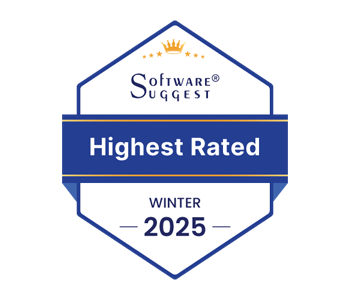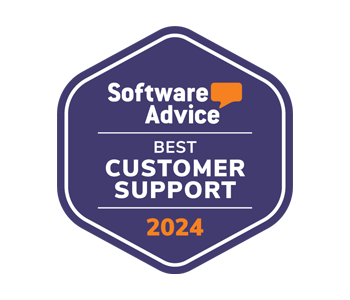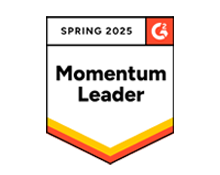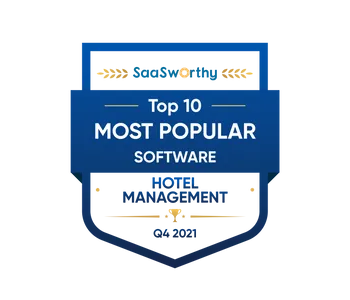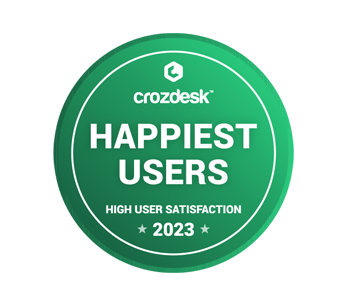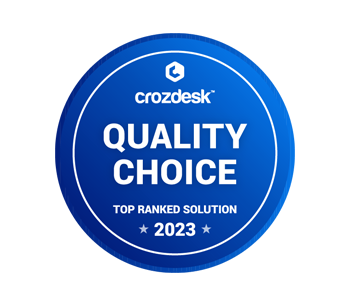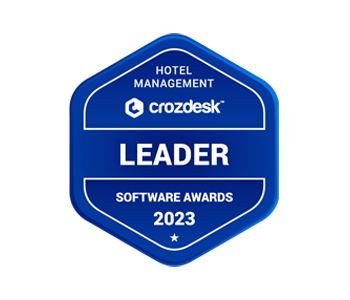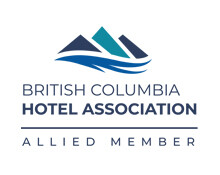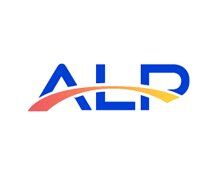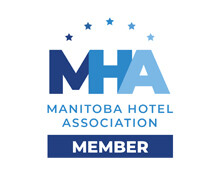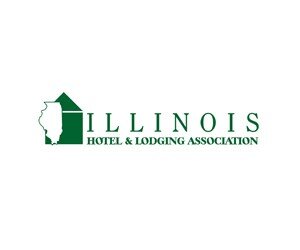As the pandemic rolls on, many hotels have had to adapt to a changing business mix. Corporate hotels shifted their focus to leisure travelers, while resorts that catered largely to international guests were suddenly dependent on domestic travelers. For properties that have been able to pivot, the ability to diversify their offerings to meet their evolving market has strengthened their position going forward. As travel regains momentum, another trend we’re seeing is increased demand for extended-stay accommodation.
The rise in extended stays (bookings from a couple of weeks to a few months in length) is in part due to an increase in remote working, which has brought about a new era of digital nomads combining work and life and travel. Relocating students and workers also drive the extended-stay segment as travelers seek a temporary home-away-from-home without being tied to a long-term lease, while they look for permanent housing. Extended-stay hotels are also a popular choice among vacationing families looking for homier, more affordable accommodation that allows them to stay in their own bubble.
Extended stays are a golden opportunity for hotels. Keep reading to find out why and how to welcome extended-stay guests to your property.
The extended-stay advantage
Extended-stay bookings are an efficient and lucrative source of revenue. While ADR (Average Daily Rate) for extended stays is lower than short-term stays, the value of longer stays is greater because of higher revenue per booking (including ancillary revenue) and lower operational costs due to reduced front-desk and housekeeping requirements. Longer stays are more efficient because they maximize room occupancy while reducing operational pressure and costly gaps between bookings. And, due to their reasons for traveling, extended-stay guests are less likely to cancel too.
If you can, incorporating the extended-stay segment into your business can help stabilize revenue during these still uncertain times and in the future.
Catering to extended-stay guests
Certain amenities and conveniences are more important to extended-stay travelers than transient guests. Make sure your property is equipped to offer extended-stay guests what they need.
Property features and amenities
Guests staying for a longer period of time seek accommodation that provides the comforts of home. In addition to standard hotel amenities, certain in-room features are particularly important to extended-stay guests, including kitchen facilities, separate sleeping and living areas, and a comfortable work space.
These days, all guests (whether staying long-term or short-term, for business or leisure) expect excellent Wi-Fi. Consider taking that a step further by offering in-room casting that allows guests to stream their own content on the guestroom TV for a real at-home comfort experience.
Beyond the guest room, laundry facilities or services are essential for extended-stay guests, and those traveling for work (or working while traveling) may require meeting rooms. Long-term guests will want to keep up with their fitness routines too. If your property doesn’t have a fitness center, there are other ways to help your guests stay fit such as partnering with a nearby gym to offer guests discounted gym access, or providing in-room fitness equipment (think yoga mats, hand weights, resistance bands or even an exercise bike!).
Extended-stay guests appreciate social spaces that nurture a sense of community with other guests and locals. Think about how your property’s communal areas (both indoor and outdoor) can be made more comfortable and inviting. Air flow, furniture placement, plants, refreshments and background music are all important elements of a welcoming communal space.
Pricing
In addition to home comforts and conveniences, extended-stay hotels offer travelers more affordable accommodation with discounted pricing based on the length of stay. Hotels can do this because the lower guest turnover means guaranteed occupancy and lower operational costs (like housekeeping). The reduced operational costs of a longer stay can be passed on to the guest without eating into hotel profits for a win-win situation.
Reservation management
To manage extended-stay reservations effectively, you’ll need a flexible property management system (PMS) that accommodates extended-stay rates and billing, and includes helpful features such as a monthly calendar view, LOS reporting and custom booking policies that make managing extended stays easy.
How WebRezPro helps manage extended stays
WebRezPro PMS offers all the tools you need to manage extended-stay bookings efficiently and profitably.
Weekly / monthly rates and billing cycles
Extended-stay rates can be priced and sold by the week or month and set to weekly or monthly invoicing for more efficient reservation and billing management. The system also allows you to pro-rate the last days of a stay when a stay is not an exact multiple of the rate length. This means the system would automatically pro-rate and post the cost of each left-over night individually—for example, the last 3 nights of a 10-night reservation on a weekly rate would be pro-rated and charged individually, instead of charging for another full week. This makes the guest happy while keeping things simple for front desk staff.
Monthly calendar view
The availability calendar displays a month at a time and allows front desk staff to quickly toggle forward and back through the year to easily view bookings and availability. The monthly view is particularly useful for properties with a high number of longer bookings, affording a clear picture of availability.
Custom guest agreements and booking policies
WebRezPro allows you to set up multiple booking and cancellation policies as well as guest agreements that outline the terms and conditions of a stay so that you can create customized policies and agreements for extended-stay rates. Guest agreements can be sent to guests automatically or manually, and can be set to require credit card information (and to automatically take payment if your system has a payment gateway integration) as well as photo identification, vehicle information and the guest’s signature to help protect your business from fraud.
Tax calculations
WebRezPro automatically calculates local, state and federal taxes and tax exemptions based on length of stay, transaction types, and tax types. For example, to accommodate occupancy tax exemptions for long-term guests, tax-exempt rates can be set up or tax exemptions can be set to apply to rates when stays reach a certain length (e.g. 30 nights or more).
Accounting and reporting
WebRezPro includes a fully integrated accounting system and tracks data across operations in real time for a clear view of finances and performance. Custom booking reports allow you to drill right down to identify trends for your unique property. Using various filters and parameters, including rate types and length of stay, you can easily customize reports to track your extended-stay business.
Housekeeping
For extended-stay hotels, the housekeeping report can be set to automatically flag rooms for cleaning every week or two weeks, rather than daily, and automatic reminders can be set for housekeepers to change sheets every ‘X’ number of days too. For properties that accommodate both extended and short stays, a housekeeping description can be added to extended-stay rates that will appear on the housekeeping report and can be used by housekeepers to identify and appropriately service extended-stay bookings.
Guest profiles
WebRezPro automatically creates guest profiles for new guests entered into the system. Guest profiles are not only useful for tracking reservation history, but also for recording guest information such as preferences, which is essential for personalizing service. From birthdays to personal interests to special requests, use guest profiles to store information that can help you make your extended-stay guests feel at home.
Banned guests
Unfortunately, some extended-stay guests are less than ideal tenants and aren’t worth the trouble they cause. When the need arises, guest profiles can be flagged as ‘banned’ so that you can avoid future headaches if unwanted guests try to come back.
Virtual units
Virtual units are used to sell two or more units together as one large unit. For example, two connecting rooms could be tied together and sold as a suite. Units sold in this way can appeal to extended-stay guests looking for more space. If one of the rooms is booked separately, the system will automatically close out availability for the associated virtual unit for those dates to prevent overbooking.
The extended-stay segment has maintained strength throughout the pandemic and isn’t showing any signs of slowing down. If your property can accommodate extended-stay guests, welcoming them into your business mix is a great idea! With a flexible, automated property management system like WebRezPro, you have all the tools you need to manage inventory and bookings for longer stays efficiently, profitably and effortlessly. If you’d like to see for yourself how WebRezPro manages extended stays, contact us for a free no-obligation demo.










